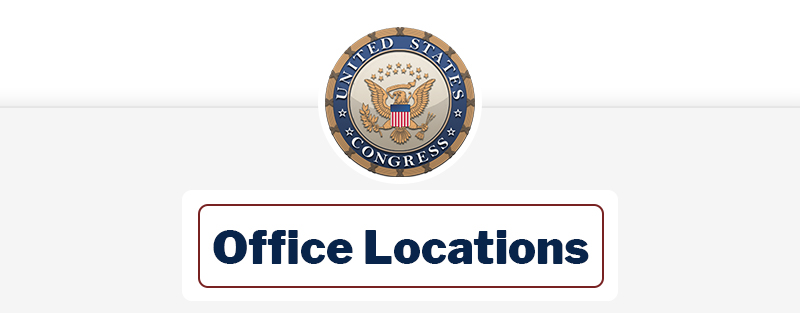This week, the House passed the Guard and Reserve GI Bill Parity Act of 2021. I was glad to vote for this bill to ensure National Guard and Reserve servicemembers have the same access to G.I. Bill benefits as their active-duty counterparts and that every day in uniform counts toward G.I. Bill benefits. The bill passed the House on a bipartisan basis, with a vote of 287-135. National Guard and Reserve Members serve our communities in our times of greatest need. Their service and sacrifice for our community and our country should afford them the same access to the G.I. Bill benefits, which have been transformational for so many Americans.
The National Guard has been utilized at unprecedented levels in recent years. In 2020, National Guard members were activated more often and for longer than any time period since World War II. To view full text of the bill, click here.
On Thursday, the House passed H.R. 5746, the Freedom to Vote: John R. Lewis Act, urgently needed action to protect voters and to ensure that every eligible American can vote without obstruction. The House with passed it with a vote of 220-203, and the Senate will now take it up.
The right of citizens to cast their ballots for whomever they choose is not and should not be a partisan issue. We must ensure that all eligible American voters have the ability to cast their votes safely, securely, and without obstruction. H.R. 5746, the Freedom to Vote: John R. Lewis Act protects voters from discrimination by restoring and strengthening the protections of the Voting Rights Act of 1965 (VRA) the Supreme Court struck down in Shelby County v. Holder. The Court invited Congress to update the formulas for protecting voters in states with a history of discrimination, and this bill does that. The Freedom to Vote Act updates the formula for determining which states and localities are subject to federal oversight based on recent history of voter discrimination. It also amends Section 2 of the VRA to eliminate the heightened standard for challenging voter discrimination that the Supreme Court adopted in Brnovich v. DNC. In addition, the Freedom to Vote Act will:
- Election Day: Make Election Day a national holiday.
- Voter Registration: Establish online and automatic voter registration and protect same-day voter registration.
- Voting Access Protections: Improve poll and ballot access for disabled, military, and overseas voters by prohibiting states from restricting the ability to vote by mail.
- Uniform Early Voting: Require all states to allow at least two weeks of early voting with accessible and uniform hours at polling places.
- Non-Partisan Election Official Recruitment and Training: Provide recruitment and training for nonpartisan poll workers.
- Non-Partisan Redistricting Reform: Prohibit partisan gerrymandering of congressional districts.
- Voting System Security Protections: Authorize grants to states to secure election systems.
